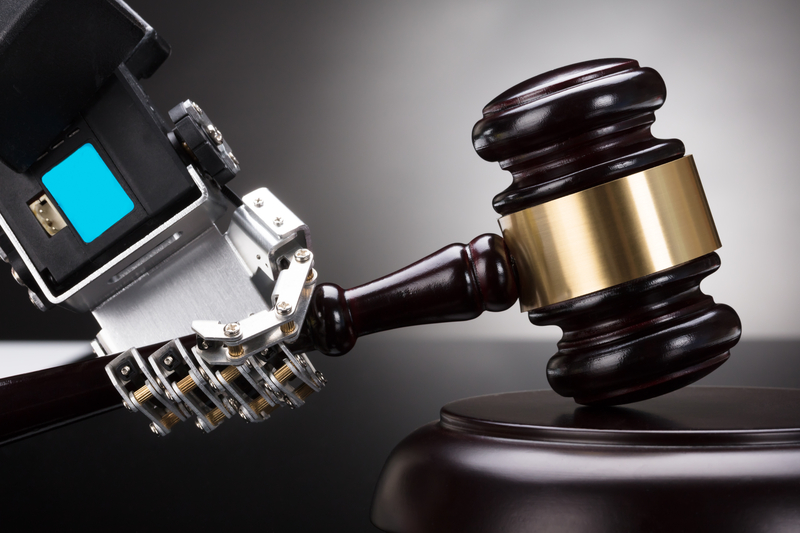Delaware-based corporation DoNotPay Inc has been found by the Federal Trade Commission (FTC) to have made false, misleading or unsubstantiated claims about its DoNotPay Service. The service was offered as an online subscription service as well as an app.
The company made a number of claims about this service, positioning
Register for free to keep reading
To continue reading this article and unlock full access to GRIP, register now. You’ll enjoy free access to all content until our subscription service launches in early 2026.
- Unlimited access to industry insights
- Stay on top of key rules and regulatory changes with our Rules Navigator
- Ad-free experience with no distractions
- Regular podcasts from trusted external experts
- Fresh compliance and regulatory content every day













